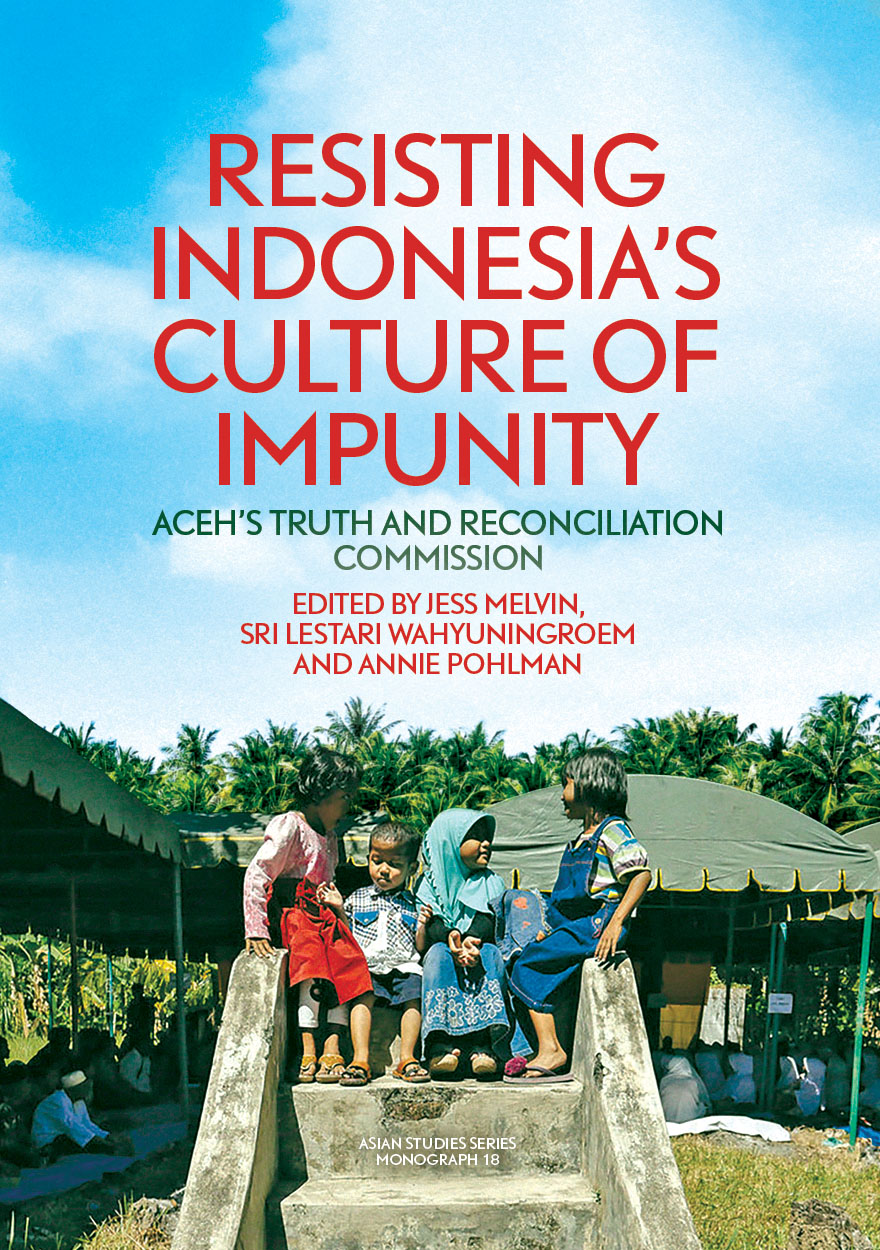Aceh’s Truth and Reconciliation Commission
Publication date: August 2023
Resisting Indonesia’s Culture of Impunity examines the role of Indonesia’s first truth and reconciliation commission—the Aceh Truth and Reconciliation Commission, or KKR Aceh—in investigating and redressing the extensive human rights violations committed during three decades of brutal separatist conflict (1976–2005) in the province of Aceh.
The KKR Aceh was founded in late 2016, as a product of the 2005 peace deal between the Indonesian government and the Free Aceh Movement (GAM). It has since faced many challenges—not least from Indonesia’s security forces and former GAM leaders, who have joined together in their determination to maintain impunity for their respective roles in the conflict. Indeed, the commission would not have been established without the tireless work of civil society actors, including non-government organisations and other humanitarian groups.
In Resisting Indonesia’s Culture of Impunity, the editors set out to amplify the role of these civil society actors in the KKR Aceh and in transitional justice in Indonesia. Each chapter has been written by a team of authors, composed predominantly of commissioners and staff from the KKR Aceh itself, members of key civil society organisations, and academics. Further, the editors aim to scrutinise the KKR Aceh from the inside and analyse the establishment and operation of what is perhaps the only genuine state-sponsored attempt to implement transitional justice in Indonesia today.




